
Russian Scientists Develop AI Algorithm for Faster Prediction of Earthquakes and Disease Outbreaks
Researchers at the HSE University AI Research Centre and Faculty of Computer Science have proposed a novel algorithm for detecting structural changes in time series. The method uses a neural network to compare various segments of a series, enabling rapid detection of changes in its behaviour. The results of their work have been presented at the 26th International Conference on Artificial Intelligence and Statistics— AISTATS (A*).
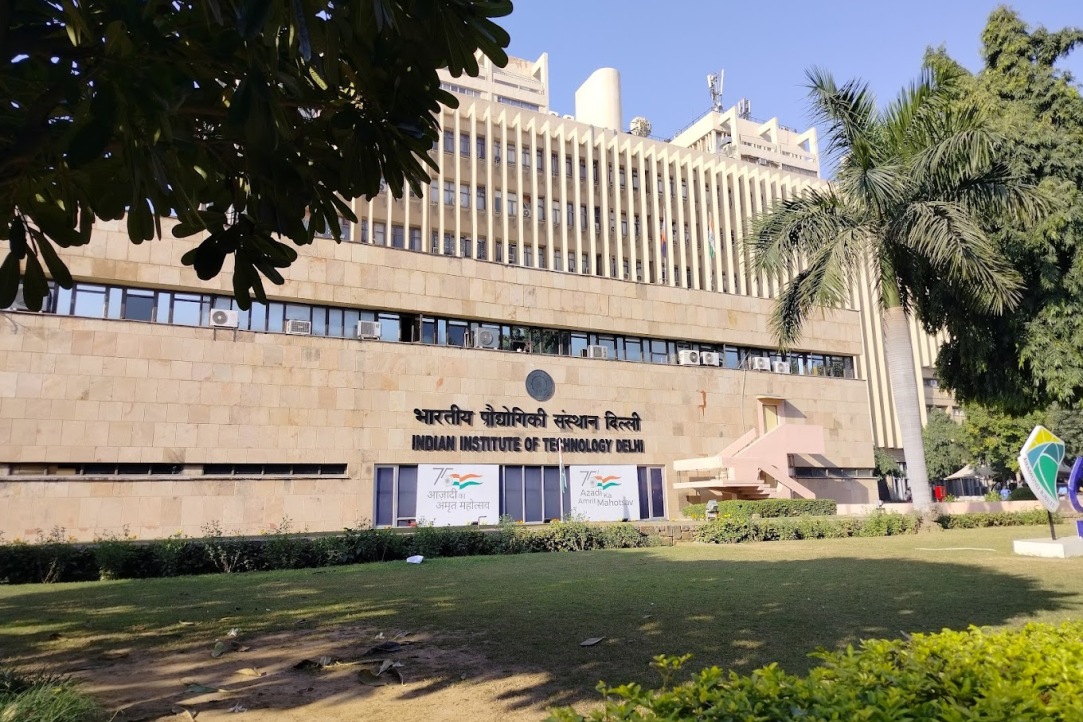
HSE and Indian Institute of Technology Delhi Agree on Joint Research Projects
HSE University-St Petersburg and the Indian Institute of Technology Delhi (IIT Delhi), a leading Indian university, have agreed to launch joint research projects in the field of social, political studies, humanities, and data analysis for master's students. On the Russian side, this work will be coordinated by the HSE St Petersburg School of Social Sciences.

Economists Suggest Using Media's Attention to Bitcoin to Predict its Returns
Researchers at the HSE Faculty of Economic Sciences have studied the relationship between the changes in the bitcoin prices and the media attention to this cryptocurrency. The researchers examined the mentions of bitcoin in the media between 2017 and 2021 and built a mathematical model that revealed the strong relationship between media attention and bitcoin prices. The study was published in the Applied Stochastic Models in Business and Industry journal.
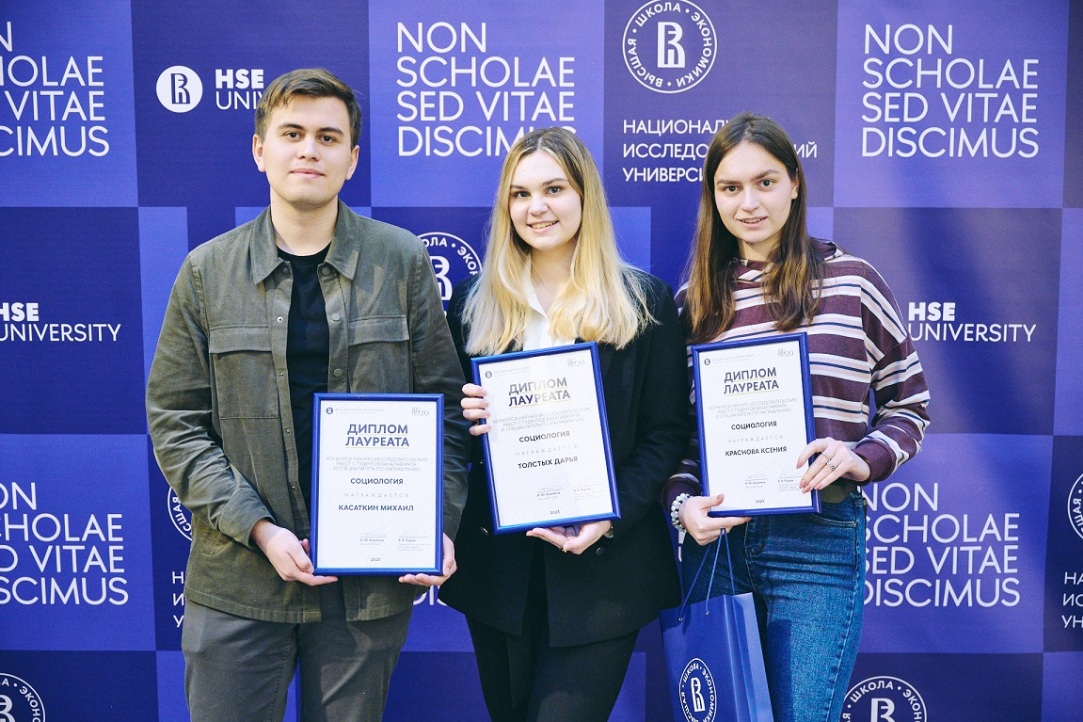
‘The Competition Lets Students Feel Like Scientists’
On February 5, 2024, the award ceremony for the winners and laureates of the Student Research Paper Competition (SRPS) 2023 took place. The competition received 1,730 papers in 25 categories from university students across Russia.

HSE Researchers Teach Neural Networks to Better Detect Humour
A group of scientists from the HSE Faculty of Computer Science has conducted a study on the ability of neural networks to detect humour. It turns out that for more reliable recognition, it’s necessary to change the approach to creating datasets on which neural networks are trained. The scientists presented these results at one of the world's most important conferences on natural language processing — EMNLP 2023.
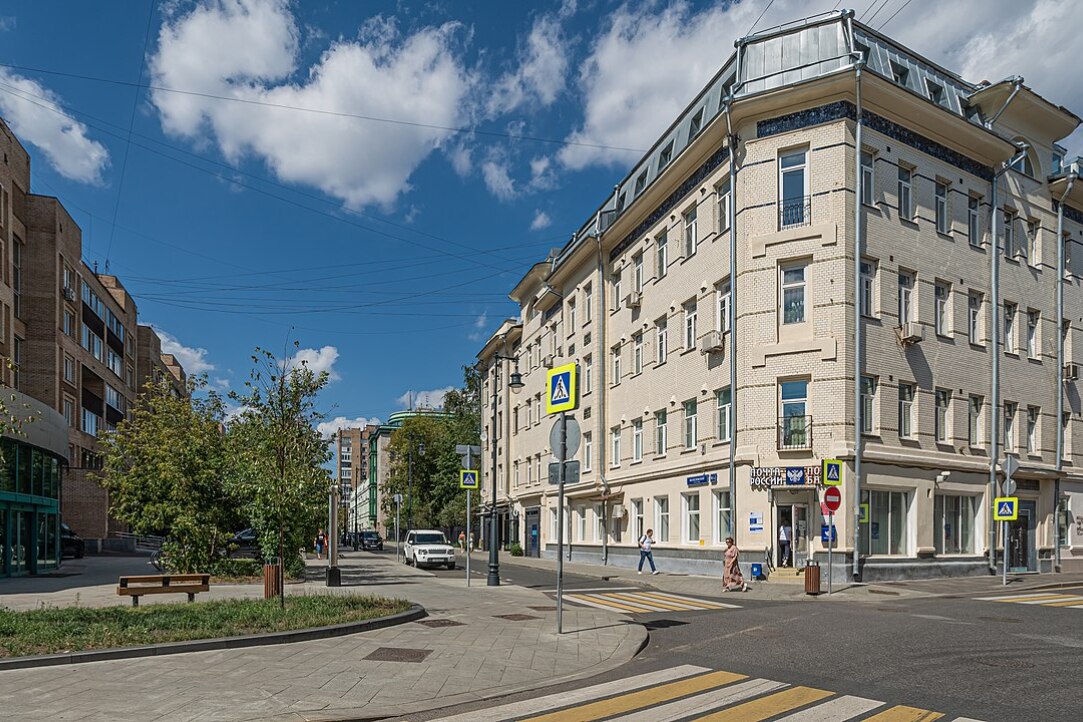
Researchers at HSE University Identify the Most Walkable Areas in Moscow
Experts at HSE University and Lomonosov Moscow State University examined the available data on Moscow's walkability and found the central and south-western parts of the city to be more walkable than others. However, the eastern and south-eastern areas are in need of improvements to make them more pedestrian-friendly. The study has been published in Cities.

Lavsan and Kapton Tested Under Space-like Radiation Conditions
In a ground-breaking experiment, HSE MIEM researchers subjected Lavsan (polyethylene terepfthalate, polyester) and Kapton (polypiromellitimide, polyimide) polymers, commonly used in space technology, to ionising radiation for durations ranging from microseconds to several hours at temperatures of -170°C and +20°C, while comparing their electrical conductivity under extreme conditions. The study reveals that at -170°C, Kapton's conductivity is ten times lower than at +20°C. These findings can assist engineers in developing more effective protection for spacecraft against static discharges induced by ionising radiation. The study has been published in Journal of Applied Physics.
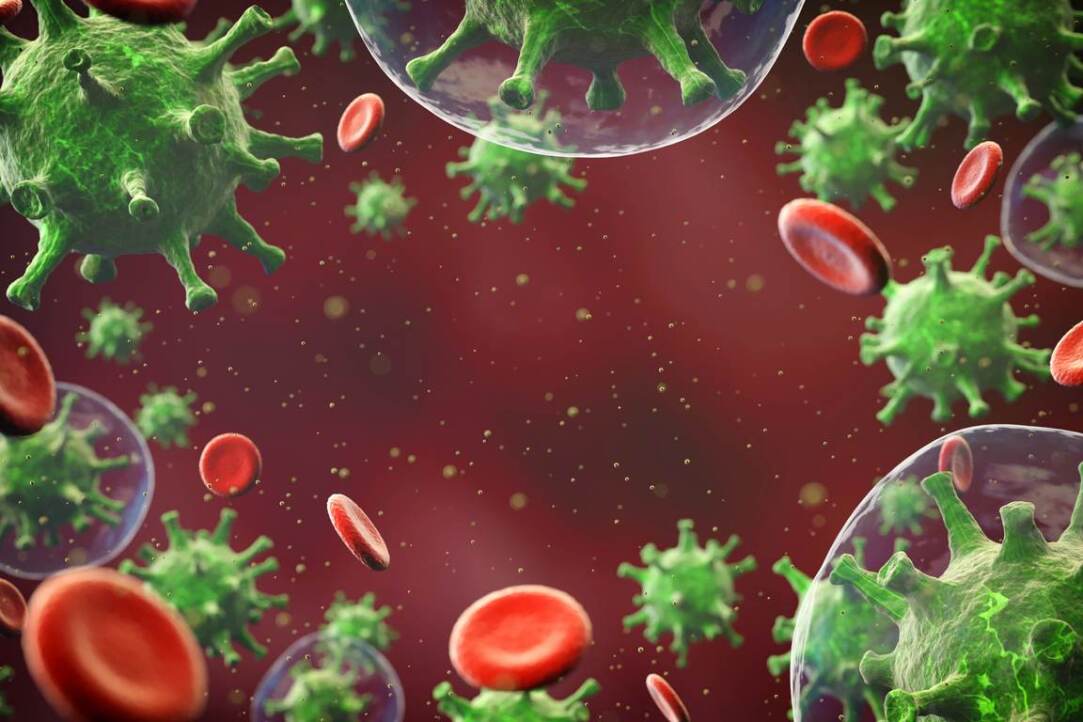
Paper by HSE Biologists Included in the Top 5 Popular Articles of PeerJ Journal
An article by researchers from HSE University’s Faculty of Biology and Biotechnology is among the most read articles published in the PeerJ journal in 2023. In the paper, the researchers establish a link between the genetic characteristics of the human immune system and its ability to effectively resist new waves of COVID-19. PeerJ is a peer-reviewed open access scientific journal covering research in the field of biological and medical sciences. Every year the editors compile a ranking of the most popular scientific papers.
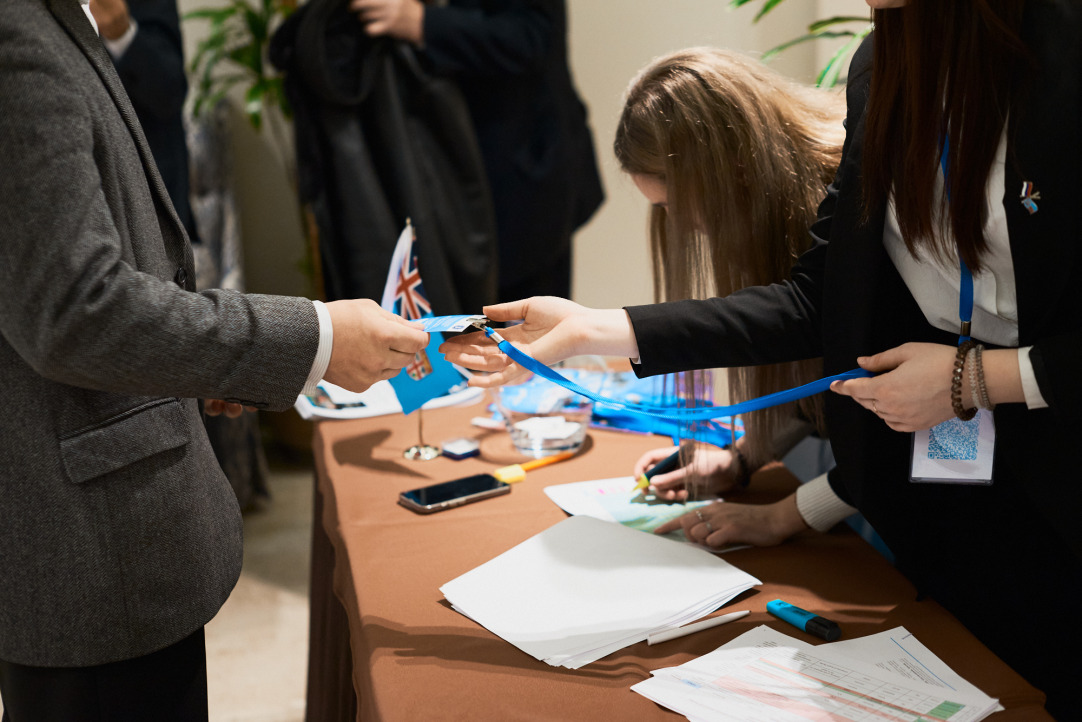
HSE University-St Petersburg Participates in Scientific Conference ‘Russia and Oceania’
On January 30, St Petersburg hosted the International Scientific Conference 'Russia and Oceania: New Challenges and Prospects'. The event was timed to coincide with the 50th anniversary of the establishment of diplomatic relations between Russia and the Republic of Fiji.
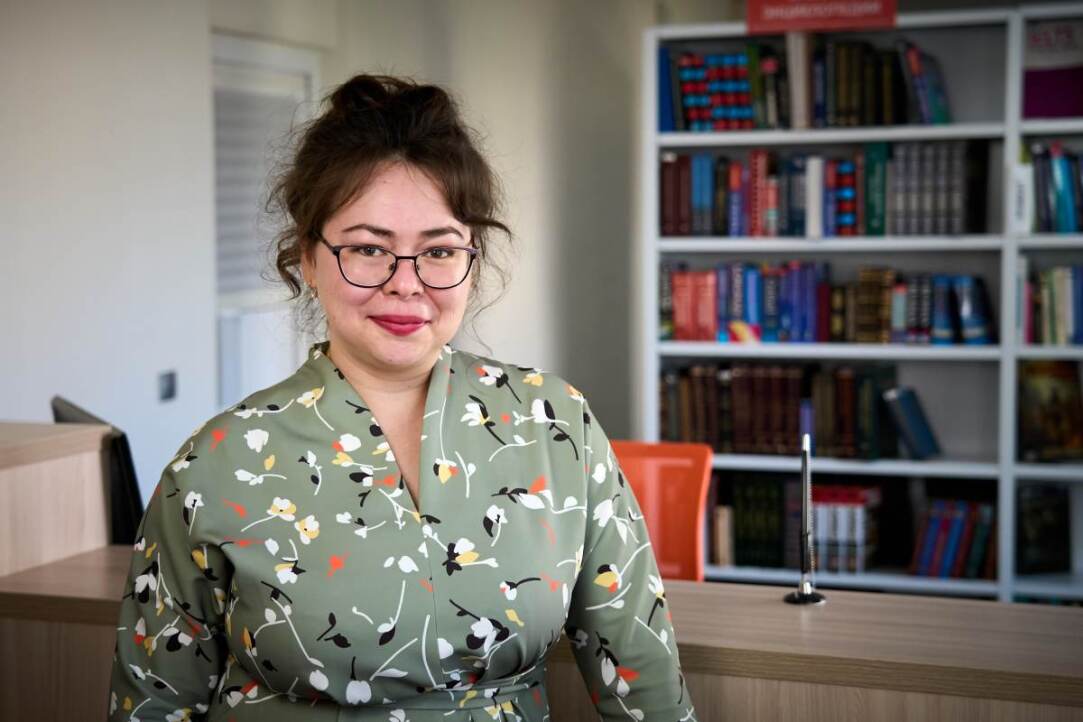
‘I Dream of Developing an Information System Devoted to Zemstvo Schools’
If Iliana Ismakaeva had not become a scientist, she would definitely have become a teacher like her parents. In this interview with the HSE Young Scientists project, she spoke about digital zemstvo studies, her walks along the Kama embankment, and virtual historical reconstructions.


Submissions are open until October 13